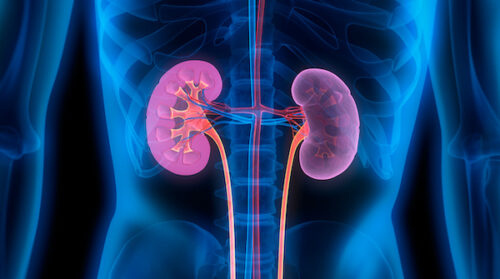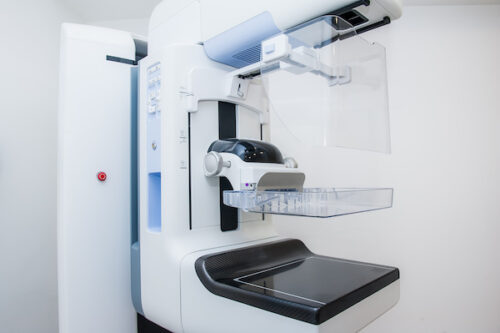Does Sugar Feed Cancer?
John McDougall, MD presents “Does Sugar Feed Cancer?” at the 2017 Advanced Study Weekend in Santa Rosa, California.
Simple sugar is not health food. However, one devastating result of the exaggeration of the role played by sugar in common diseases has been the promotion of low-carbohydrate diets to prevent and even treat common cancers. Most easily recognizable from the low-carb camp are the Atkins Diet, Wheat Belly, and Grain Brain, which consist of the very foods—meats, dairy products, and vegetable oils—known to cause cancers of the breast, colon, and prostate. These diets go far beyond discouraging table sugar (sucrose) and and warn against eating healthy starches such as barley, beans, corn, potatoes, rice, and wheat.
A thorough review of the science, published in 1982, as a landmark document from the committee on Diet, Nutrition, and Cancer, found “the evidence from both epidemiological and laboratory studies is too sparse to suggest a direct role of carbohydrate (possibly exclusive of fiber) in carcinogenesis.” Fiber, which is only found in plant foods, plays a protective role.
Recommended Articles

John McDougall, MD: How to Prevent and Reverse Kidney Disease

McDougall's Medicine Over-diagnosis







Join the Conversation!
Have a question, a helpful tip, or a story from your journey? Add it below - your voice matters.